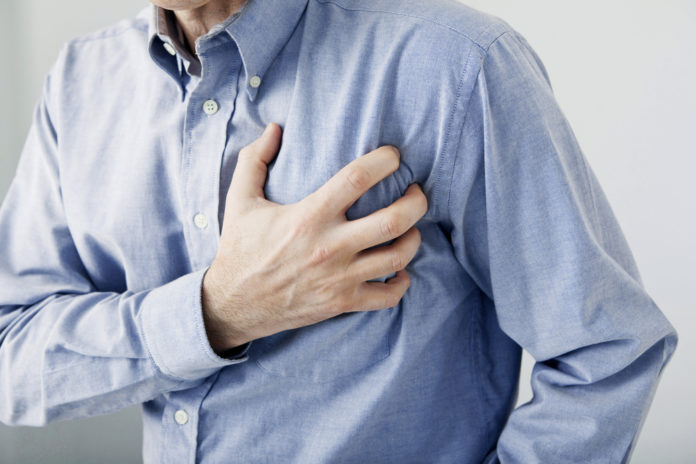Each year, over 700,000 Americans suffer a heartattack. Heart attacks are not uncommon, but they can be deadly. Heart attacks are often fatal. Heart attacks occur when blood flow to the heart is reduced or completely blocked.
This lack of flow can be caused by a blockage. Blockages in arteries are often caused by the accumulation of cholesterol or fatty substances. These blockages can make it difficult, or even impossible, for the blood to flow properly to the heart.
Sadly, heart attacks are often misdiagnosed or ignored. Knowing the warning signs is important because heart attacks are so common.
Heart Attack Symptoms
It can be difficult to determine the symptoms of a cardiac arrest because they differ from person to person. Some people may have very clear symptoms while others may have none. The majority of people will experience some symptoms before an attack.
The following are common warning signs that a heart attack is imminent:
- Chest pressure and pain that can feel like burning, tightness and squeezing in the chest area
- The chest pain or discomfort may spread to the arm, shoulder, jaw, teeth or upper stomach.
- Cold sweats
- Fatigue
- Heartburn or indigestion
- Sudden dizziness
- Nausea
- Shortness of Breath
Women are more likely than men to experience atypical symptoms. Women can experience a sudden, sharp pain in their chest, neck or arms. A heart attack can also cause women to feel pain in their backs or stomachs.
Heart attacks can strike suddenly. This could be due to people ignoring subtle warning signs for weeks or days before a heart attacks occurs. You can avoid a fatal heart attack by listening to your body.
What to do if you think you’re having a heart attack
You should seek help if you are experiencing multiple symptoms of a cardiac arrest or if your symptoms seem to be getting worse.
If you think you are having a heartattack or that someone you are with is, you should call 911.
- Call 911 right away.
- While you are waiting for emergency services, take nitroglycerin if prescribed.
- While you are waiting for the emergency services, take aspirin. This OTC pain reliever will help thin your blood, making it easier to get the blood through clogged arteries.
Conclusion
Heart attacks can be deadly and serious. In the United States, heart attacks are the leading cause of death each year. Knowing the signs of heart attacks and seeking medical attention before a cardiac episode can reduce risks and keep you healthy.



